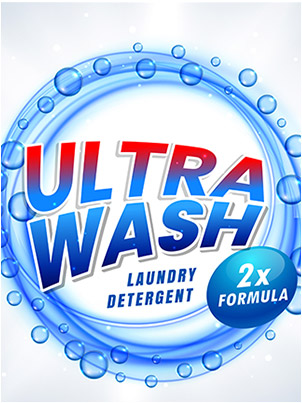DIY or Professional Water Tank Cleaning: Which is Better?
Maintaining clean water tanks is essential to ensuring the safety of your water supply. Tanks can lose water quality due to the accumulation of dirt, algae, and dangerous bacteria over time. For peace of mind, some homeowners prefer professional cleaning services, while others think DIY water tank cleaning is a cost-effective option. To assist you in selecting the option that best meets your objectives, this article contrasts the two approaches.
Why Water Tank Cleaning is Important
Water is preserved in tanks for use in residential and commercial usage. They become breeding grounds for bacteria, fungus, and sediment buildup without routine cleaning, threatening hygiene and public health. For drinking, cooking, and personal hygiene, clean water is essential, so regular cleaning is necessary.

DIY Water Tank Cleaning: Pros & Cons
Pros of DIY Cleaning
- By carrying out the tank cleaning yourself, you can cut costs on hiring a professional.
- You don’t need to wait for an appointment to take action if you see algae or debris.
- You are free to clean the tank on your own timetable.
Cons of DIY Cleaning
- The process might take hours and be exhausting, depending on the size of your tank.
- You might not be able to adequately clean places that are hard to reach without the right tools.
- The incorrect chemicals may cause damage to the tank or leave dangerous residues.
- Without the right training, working in narrow spaces like water tanks can be dangerous.
Examining the advantages and disadvantages of hiring a professional water tank cleaner
There are various benefits to hiring a professional water tank cleaner. Professionals provide the required education and experience to guarantee comprehensive cleaning, eliminating germs, algae, and sediment accumulation, leading to improved hygiene. Additionally, they use specialized tools such as vacuum pumps, high-pressure washers, and non-toxic cleaning solutions, which increases the technique’s efficacy in comparison to do-it-yourself techniques. Professional teams also save time by working efficiently, giving you more time to spend on other duties. Above all, they put safety first, adhering to stringent procedures to avoid mishaps, particularly while handling big or subterranean tanks.Professionals may inspect your tank during cleaning to find problems like leaks or structural damage that might otherwise go undetected. This is another important advantage.
However, these services come at a higher cost, especially for larger tanks. You may also face scheduling challenges during peak seasons as demand for cleaning services increases. Despite these drawbacks, many homeowners find that the benefits of professional cleaning outweigh the costs, providing peace of mind and long-term savings by preventing future problems.
DIY vs. Professional Services
| Criteria | DIY Water Tank Cleaning | Professional Cleaning Services |
|---|---|---|
| Cost | Low (Only materials required) | Moderate to High (Service fees apply) |
| Time & Effort | High | Low (Quick and efficient) |
| Tools & Equipment | Limited | Advanced cleaning tools available |
| Thoroughness | Moderate (Depends on experience) | High (Ensured through expertise) |
| Safety | Risky (Confined spaces, lack of gear) | Safe (Trained professionals) |
| Additional Services | None | Inspection & minor repairs included |
When Should You Choose DIY Cleaning?
- Small Tanks: DIY is ideal for smaller water tanks that don’t require heavy-duty cleaning.
- Regular Maintenance: You can perform DIY cleaning to maintain the tank between professional services.
- Budget Constraints: If budget is a primary concern, DIY can be a viable option for basic cleaning.
When Should You Opt for Professional Services?
- Large or Complex Tanks: Professional services are better suited for large tanks or those with complex designs.
- Severe Contamination: If you suspect bacterial growth or heavy sediment buildup, it’s safer to hire experts.
- Busy Schedule: If you lack the time or energy to clean the tank yourself, hiring professionals saves effort.
- Health & Safety Concerns: If the tank is underground or hard to access, professional cleaning ensures safe handling.
Final Verdict: Which is Better?
Both DIY and professional water tank cleaning have their advantages and drawbacks. If your tank requires minor maintenance and you are comfortable with the process, DIY cleaning can be a good choice. However, for deep cleaning, large tanks, or safety concerns, professional services provide a more reliable solution. Ultimately, the choice depends on your budget, schedule, and the condition of your water tank.

Conclusion
Regular water tank cleaning is vital to keep your water safe and hygienic. Whether you choose DIY cleaning or professional services, the key is to stay consistent with maintenance. If you’re unsure about the condition of your tank or prefer a hassle-free solution, hiring professionals is often worth the investment.



Leave a Reply